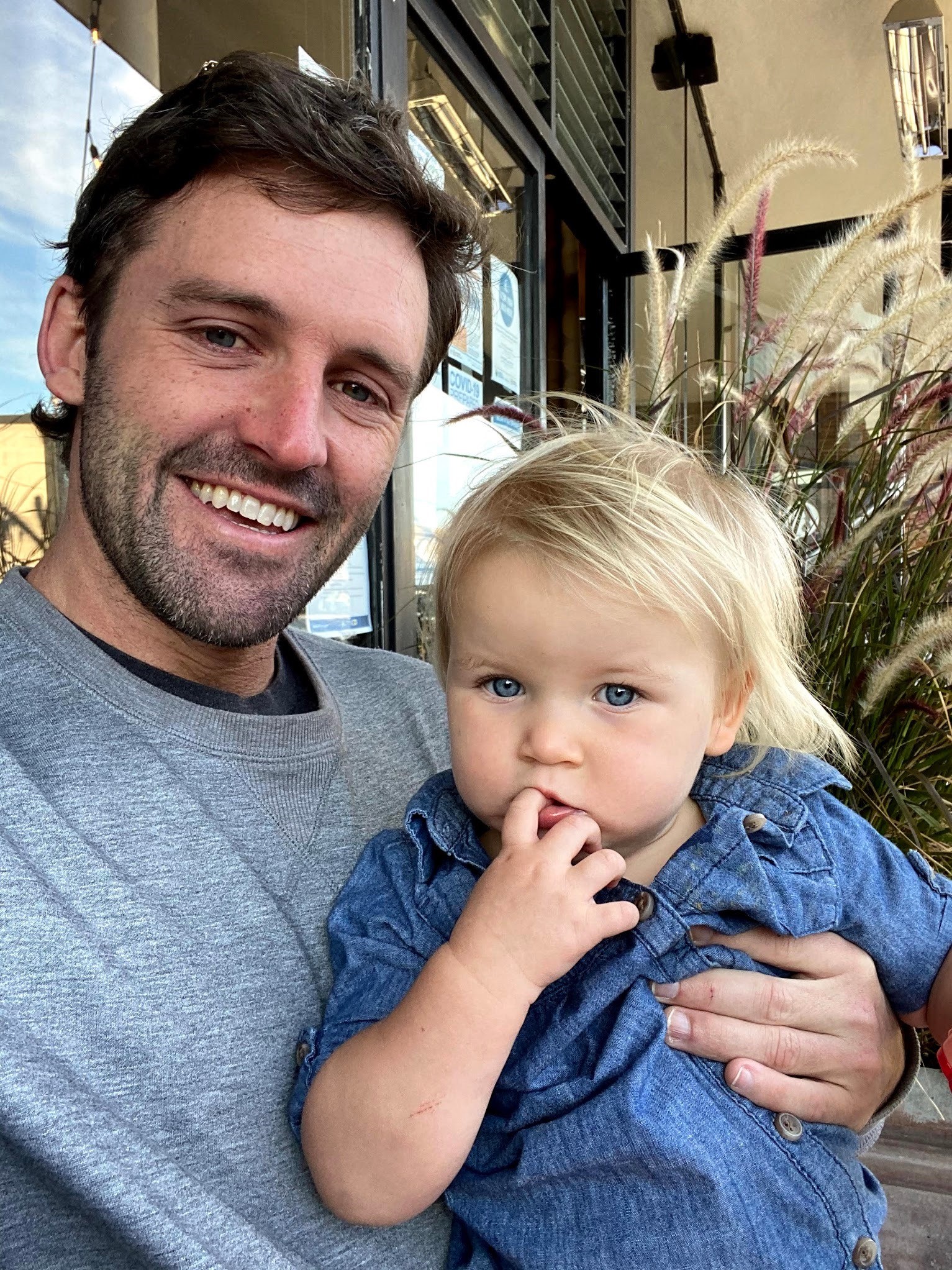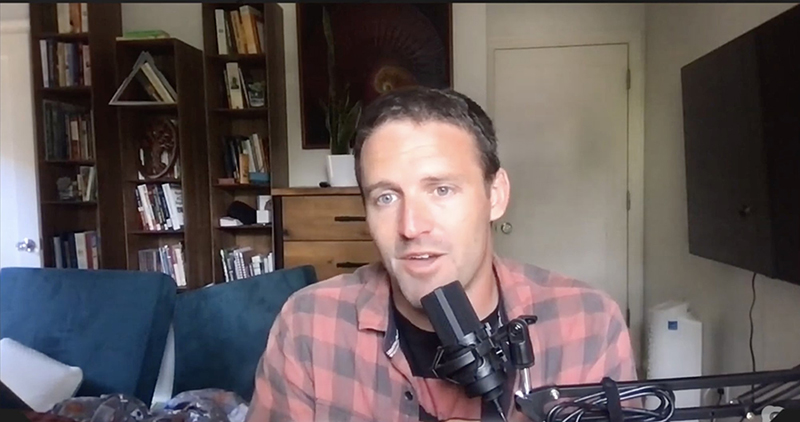The education system has not evolved since the industrial era. New tools have been introduced over the years, but nothing has dramatically changed. To reinvent education, you don’t more tools to add to the arsenal, but first principal thinking. What assumption have we been making about education? And are these assumptions true?
Chrisman Frank is the co-founder and CEO of Synthesis, an enrichment club that teaches complex problem-solving and decision-making for kids 7 to 14 through online team games.
Top Takeaways
“The more the world becomes the work of our minds and creativity the more amazing it becomes.”
- Education should be problem-focused not tool focused. Kids will figure out how to use a screwdriver if they must rebuild an engine.
- Kids crave complexity. We often do them a disservice by dumbing down things. When instead we should be encouraging them to solved problems using their already creative minds.
- The hammer and nail principle is the idea of having kids surrounded by others who are more advanced than them and kids who are less advance than them. This allows kids to be both grow and help others grow.

How Chrisman got into education
Growing up Chrisman was extremely interested in education. He was an avid reader and realized that not only could you acquire ideas through reading, but he could learn how to live a better life. Education was the biggest lever in life. Immediately after college, Chrisman started an online tutoring company which was acquired by ClassDojo.
From ClassDojo to Synthesis
During Chrisman’s time at ClassDojo, he visited many schools and got to see first-hand all the ways education was being implemented. But this made him disillusioned with the state of education. There was no innovation happening–everything was stagnant.
One day he visited Ad Astra (the school his co-founder, Josh, was helping develop). After a school tour, Chrisman witnessed some kids shouting complex answers at each other. These kids were not mad at each other. Instead, they were part of Synthesis, and they were having tremendous joy completing this activity. At this point, Chrisman saw what the future of education could become.
Synthesis: Teach problems-solving
The mission of Synthesis is to accelerate human progress through education.
At Synthesis, the focus is on problem-solving not memorizing answers. Kids are divided into Uppers (age 11-14) and Lowers (age 7-10). The benefits of having kids being around other kids who are more advanced and less advanced is that it allows them to be challenged and help others grow.
Kids then complete simulations which are situational based complex problems that have constraints. They must actively collaborate and compete with other cohorts doing Synthesis. It is similar to a startup in that every person must participate if the teams want to succeed. No one person can finish the task by themselves.
These simulations grow in complexity and the kids enjoy them. Surprisingly, kids are more interested in playing simulations than Call of Duty. There are no grades at Synthesis. But the kids are eager to level up in their ability to solve problems.

Synthesis recently raised a Series A, and I am happy to say I am an investor. They plan on expanding their cohort based in the coming months and years.
I am deeply excited about what Chrisman and Josh are building. Honestly, something like Synthesis would have been extremely beneficial for me when I was young.
I recommend any parent who wants to equip their kids with creative problem-solving skills to check out Synthesis. I plan on sending my future kids to Synthesis.
If you prefer, you can listen to the episode in the embedded podcast player.
In addition to the above Youtube video and embedded podcast player, you can also listen to the podcast on:
